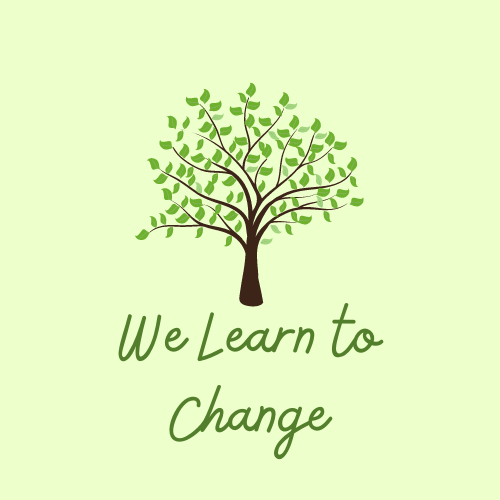What a school year! So many teachers have taken to the Internet to share their stories, both good and bad. I reviewed previous posts this morning. The theme is clear: We need to reimagine what education should be. My thoughts are not original, not by a long shot. However, it’s important to contribute to the conversation. Here are a few questions I have right now.
Why Do We Still Have Standardized Tests?
Again, this isn’t an original observation. I add my voice to the cacophony of voices questioning the need for these tests that don’t prove anything. Education advocates are asking leadership in Pennsylvania, for example, to cancel the Keystone and PSSA exams this year for a multitude of reasons. Students have struggled mightily to engage this year, so why not take the time we would normally spend prepping to learn something?
That statement alone speaks volumes.
The counter argument is departments of education need to know how schools are doing. We all know how schools are doing, even if we don’t want to admit it. We all know that student motivation is, in general, low, as well as participation and engagement. We all know many more students are in crisis, and mental health emergencies have increased. We all know that teachers are leaving the profession in higher numbers.
Folks, we all know what’s happening. Rather than proceed as if everything was normal this year, why not brainstorm ways to evaluate schools qualitatively, instead of quantitatively? Yes, that would be hard. However, I think the information gleaned from a comprehensive qualitative analysis would reveal much more than scores on a test.
What Do Grades Really Mean?
One of the questions I consider when planning is, “Why do they need to learn this?” Another question I ask is, “How do I assess learning?” Following on that is another important question: “How does a grade on this activity affect a student’s confidence to master the skills embedded in the activity?”
So, why have grades at all? What do grades mean? How are they used for motivation and how are they used as a judgment about a student’s performance and capabilities? How do students feel after receiving a poor grade when they tried so hard? What are we saying about mistakes as opportunities to improve? Are we denying students the chance to improve and eventually score well by giving them grades along the way? Are averaged grades a reminder that at one point the student failed to perform perfectly?
I use formative assessment and replacing scores with the highest score to mitigate these problems. Formative assessment does not normally result in a grade, so in my classes, formative assessment is two percent of the total grade and I allow students to make corrections to boost even that score. Summative assessments are project-based, so there is plenty of time to complete the activity well and to check on progress. Quizzes are not one class period activities, either, for the most part. I want the kids to think, make connections, and learn something in the process.
It’s the learning that matters, not the score. How can we change the process of grading to better support student learning?
Does Text-Dependent Analysis Work?
Not only text-dependent analysis, but anything that could be construed as a shortcut needs to be questioned. If you are teaching in a different content area, perhaps you know of equivalent techniques that have stormed through the curriculum, the “next big thing” in education. But does that technique really work? (I mean, seriously, the way my son was taught math still baffles me.)
For example, teaching students to examine a text without any background information, to interrogate it and pull it apart, is something I used to believe in. I thought it was an equitable approach that encouraged inclusion for students from various backgrounds. On some levels, that is true! It’s a way for students to approach a text dissimilar to what they have seen before and still experience success with it.
However, it’s a shortcut. In my opinion, it’s used instead of actually providing an array of texts to students to struggle with, so they can use that background knowledge to tackle more complicated texts in the future. We have run out of time to teach such an array. How did that happen? Refer to my comment above about standardized tests. Before those tests dominated the fourth quarter, there was time.
When I was a kid, for example, we read several novels and plays a year. We kids did not necessarily like or appreciate the teacher’s selections and resorted to CliffsNotes (yes) instead of reading the book when it was a “snooze,” but the opportunity was there. Nowadays, it is unlikely students will have that chance, nor that ambition.
What I hear from students is they hate reading. They don’t see the point to it; they aren’t learning anything from it. They have “learned” so many reading strategies that inhibit their natural love of vicarious adventure. Many are also tired of being told that what they think about a book is “wrong.” Why read it if their interpretation of it is wrong anyway?
Where did we go wrong? I refer you back to my opinion about grades and mistakes being opportunities instead of evidence of failure. Just let the kids read. Teach them how to do TDA, but not for a damn test, but to open their minds to a wide, diverse, and wonderful world of words.
What Are We Doing?
We have the chance, right now, to figure out how to fix what is broken with our system. Will we take that chance? I don’t know, but if this pandemic has proven anything, it’s proven that we need to start questioning everything we thought was right about education.
